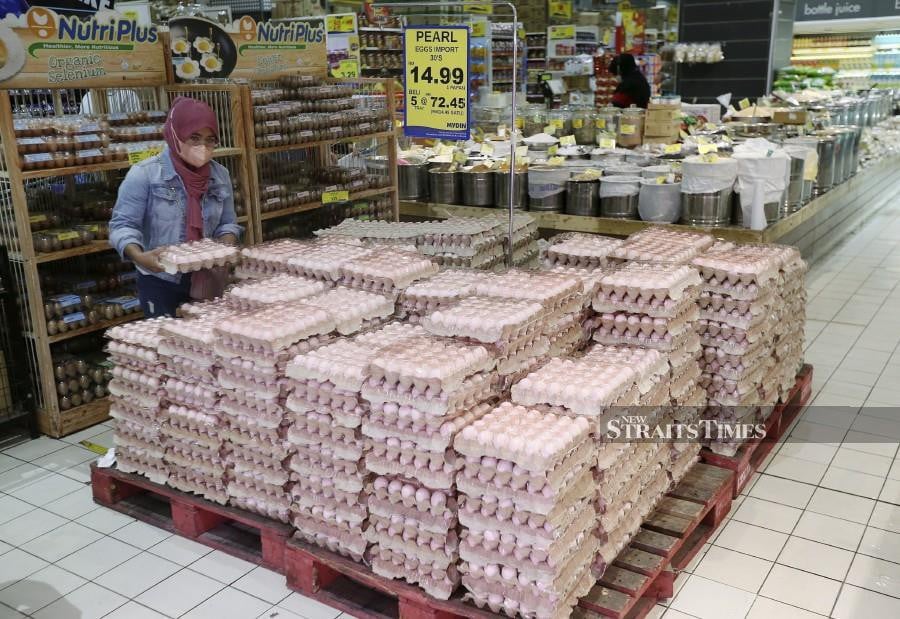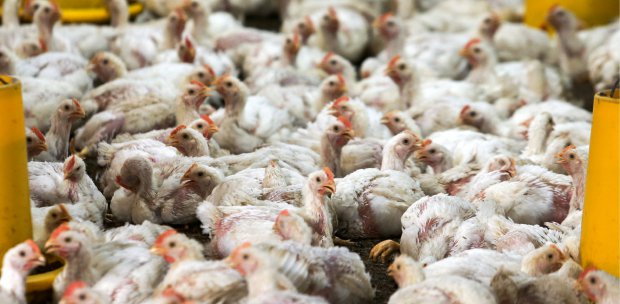KUALA LUMPUR: Ceiling prices, a favourite instrument of governments to fight inflation, could be the very reason they keep losing the battle.
Centre for Market Education chief executive officer Dr Carmelo Ferlito described ceiling prices as an attempt to "hide inflation under the carpet" rather than fight it.
Instead of bringing down prices, Ferlito said, ceiling prices disrupt market forces, trigger supply shortages and eventually prolong inflation, leading to further price hikes.
"There is no historical example in which ceiling prices have worked. In fact, they make matters worse.
"When ceiling prices are implemented, buyers are willing to buy more than what suppliers are willing to sell. This actually prolongs inflationary tensions.
"Furthermore, with ceiling prices in place, producers and suppliers are unable to gauge the actual demand for an item.
"So, they will scale down production, which leads to a supply shortage, and once the ceiling price is removed, prices go soaring again," he told the New Straits Times.
Since October, the government has capped the retail price for Grade A chicken eggs at 45 sen, Grade B at 43 sen and Grade C at 41 sen in the peninsular.
The government has also gazetted 11 food items under the Festive Season Maximum Price Control Scheme for the Christmas season, from Friday to Dec 27.
These food items include live spent chicken (in Sarawak), chicken wings (in Sarawak, Sabah and Labuan), imported mutton bone, tomatoes, green Benggala pepper, imported round cabbages from China and Indonesia, carrot, imported potatoes from China, live boar (controlled at the farm level), as well as pork belly, pork fat and pork meat.
On Thursday, Mydin Mohamed Holdings Bhd managing director Datuk Ameer Ali Mydin claimed that suppliers often charge higher than ceiling prices by including additional charges, such as transportation fees or handling fees, to earn higher profit.
Only traders willing to pay the extra charges get stock, he said.
He had urged the government to do away with ceiling prices once chicken egg prices nationwide stabilised.
Ferlito said ceiling prices must be removed first so that market forces can regain primacy and for chicken egg prices to stabilise.
"There will be a slight price hike when ceiling prices are removed. But over time, the supply will be readjusted because suppliers will ramp up production and this will gradually cool prices down.
"The longer we delay this, the greater the price hike that follows."
He said ceiling prices will keep the government blindsided about actual market conditions and render other exercises by the government, such as approving imports and giving subsidies to breeders, futile.
"The government needs to know the market price of an item to estimate the right amount of subsidy that it has to give breeders to offset their losses due to ceiling prices.
"But since the market is not allowed to freely operate based on supply and demand, there is no market price for the item. So, the government has to keep guessing the right amount of subsidy.
"Likewise, the government will not know how much to import or the right price to sell because without a free market process, the information is simply non-existent."
Consumers' Association of Penang (CAP) president Mohideen Abdul Kader said the government should abolish approved permits to improve competition and allow chicken eggs to be sourced from more countries and suppliers.
He concurred that lifting ceiling prices could stop price tampering, but he was less optimistic about letting market forces dictate the prices of a commodity.
Instead, Mohideen said, the government should conduct an in-depth study into price control schemes and their implications on the entire supply chain, from the farm to the table.





